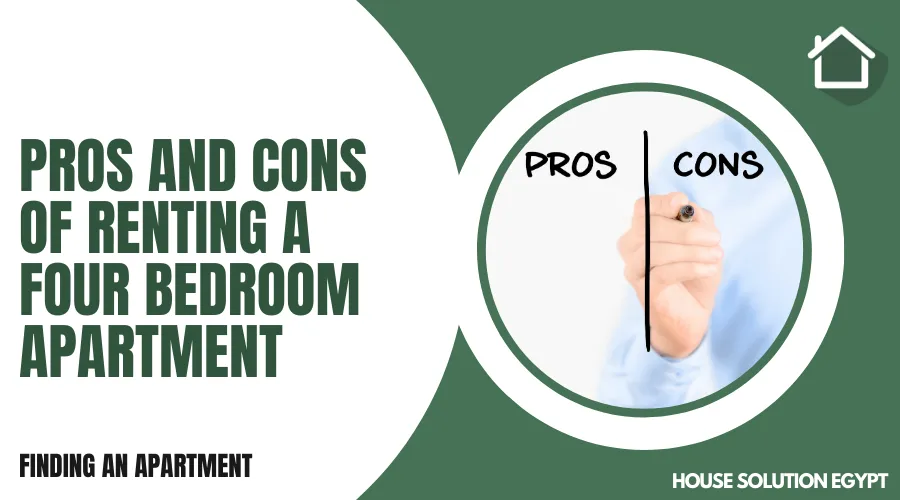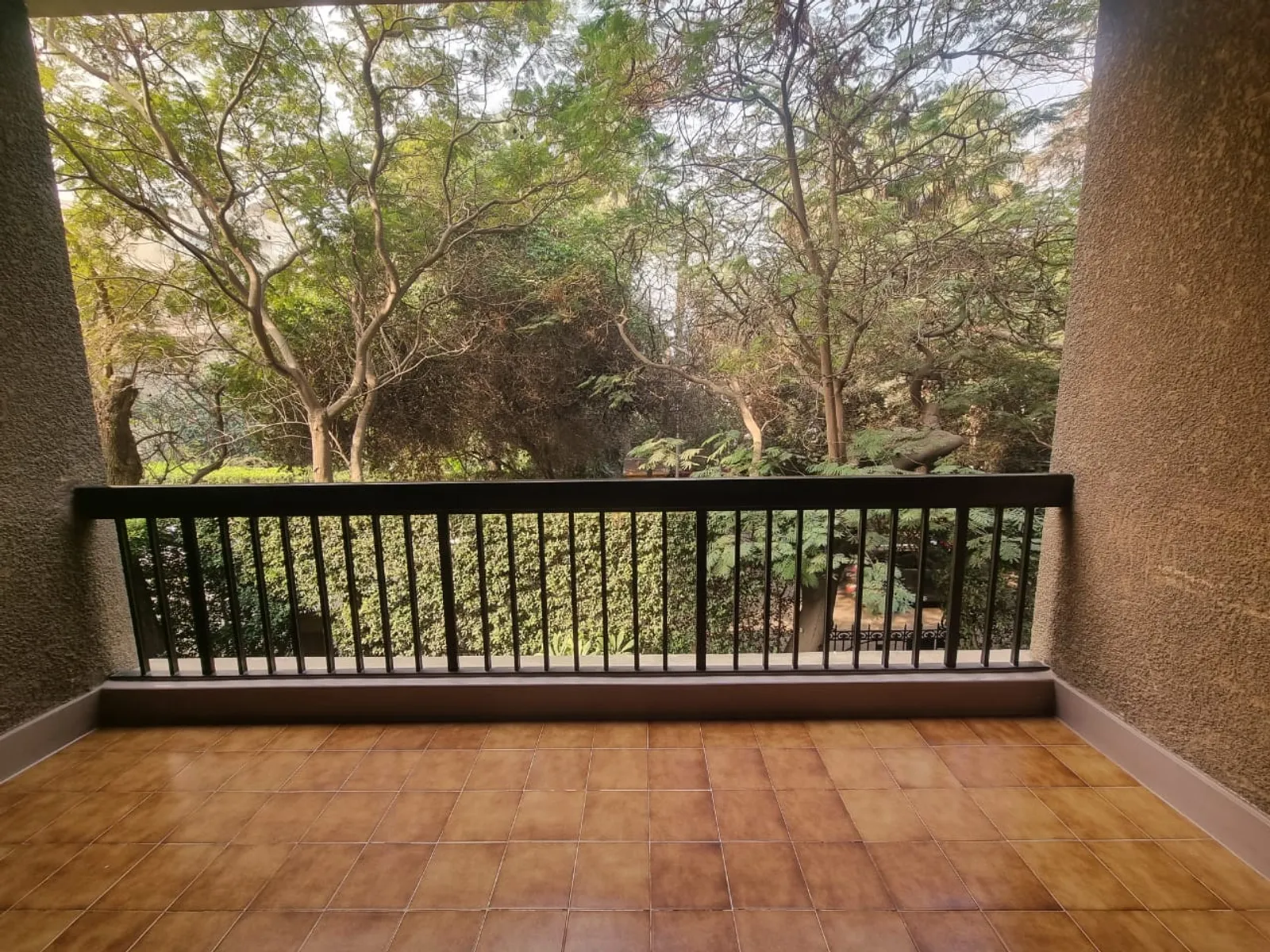EXPERTS REVEAL: WHAT IS THE RIGHT RENT PAYMENT?
Finding an Apartment|4.5 MIN READ|Updated on: 07 October 2023|Written by: Marwa Samir
What Experts Say:
According to real estate experts, there are a few factors that should be considered when determining the right rent payment. First and foremost is the location of the property. Rent prices can vary greatly depending on whether the property is located in a city or suburban area, as well as its proximity to public transportation and amenities like restaurants and shopping centers.
Another factor to consider is the size and condition of the rental unit. Larger units with more bedrooms, bathrooms, and living spaces will generally command higher rents than smaller ones. Additionally, units that have been recently renovated or updated will often justify higher rent payments compared to those in need of repairs or maintenance.
Experts recommend looking at overall market trends when determining appropriate rent payments. Keeping an eye on similar properties in the same area can provide insight into what landlords are charging for comparable rentals. It's also important to note any changes in supply and demand within the rental market that could impact pricing. By taking these various factors into consideration, landlords can set appropriate rent prices that are both fair for renters and profitable for themselves.
Key Considerations:
When it comes to deciding on the right rent payment, there are several key considerations that both landlords and tenants need to take into account. Firstly, both parties should agree on a fair market rate for the property being rented out. This means conducting thorough research into comparable properties in the area to ensure that the rent price is reasonable and competitive.
Another important consideration when determining rent payment is the length of the lease agreement. Longer leases can often result in lower monthly payments, while shorter leases may come with higher monthly rates. Landlords should also consider any additional costs such as property maintenance or utilities when setting rental prices.
It's essential to establish clear and transparent communication between landlord and tenant regarding rent payments. This includes outlining due dates, late fees, and any other penalties for missed or delayed payments. By considering these key factors, landlords and tenants can ensure a fair and mutually beneficial rental agreement.
Types of Agreement:
There are several types of agreements that landlords and tenants can enter into for rent payments. One common type is the fixed-term lease agreement, which usually lasts for a specified period of time such as a year. In this type of agreement, the rent amount is predetermined and cannot be changed during the term unless both parties agree to it. Another type is the month-to-month rental agreement, where either party can terminate the tenancy with proper notice.
A third type of rental agreement is the automatic renewal lease, which renews automatically at the end of each term unless one party gives the notice to terminate. This can be convenient for both parties who want to avoid having to renegotiate terms every time the lease expires. However, it's important to read and understand all terms in these agreements before signing them.
Regardless of what type of rental agreement you choose or sign up for, make sure you understand your rights and responsibilities as a tenant or landlord when it comes to renting payments. It's always best practice for both parties to have written documentation outlining all aspects related to renting payment in any kind of rental agreement they enter into.
Setting Payment Terms:
Setting payment terms is a crucial aspect of any rental agreement. As a landlord or property manager, it's imperative to have clear and concise payment terms that both parties can agree upon. This includes establishing the amount due, when payment is due, and accepted forms of payment.
However, determining what is the right rent payment can be challenging for landlords. It's essential to consider not only the cost of maintaining the property but also market trends in your area. Researching similar properties in your location can help you determine a fair price that will attract tenants while ensuring you receive adequate compensation for your investment.
In addition to setting a reasonable rental price and payment terms, landlords should also establish late fees and consequences for non-payment. This encourages tenants to make on-time payments while protecting landlords from potential financial losses. Overall, by carefully setting up appropriate payment terms and rent prices, landlords can establish long-term relationships with reliable tenants who respect their responsibilities towards their rental agreements.
Calculating Rent:
When it comes to calculating rent, there are a number of factors that need to be taken into consideration. One of the most important is the location of the property, as this can have a significant impact on rental prices. Other factors that need to be considered include the size and condition of the property, as well as any additional amenities or features that may be included.
Experts advise that when determining the right rent payment, landlords should also take into account their own overhead costs such as mortgage payments and maintenance expenses. Ultimately, however, the market will dictate what rental rates are appropriate for a given area and property type.
One useful tool for calculating rent is an online rental calculator. These calculators take into account various factors such as location, property size, and condition in order to provide an estimate of how much rent should be charged. Using tools like these can help ensure that landlords are not overcharging tenants while still earning enough income to cover their expenses.
Conclusion:
In conclusion, the right rent payment depends on several factors. Firstly, take into account your income and financial situation. Your monthly rent should not exceed 30% of your income to ensure that you can cover other living expenses comfortably. Secondly, consider the location and amenities of the property you are renting. A higher rent may be justifiable if it means being closer to work or having access to facilities such as a gym or pool.
It is also important to negotiate with landlords before signing a lease agreement. Ask for discounts or incentives such as waived application fees or reduced security deposits. This could help lower your overall cost of living in the long run. Finally, make sure to budget and plan ahead for unexpected expenses such as maintenance issues or rent increases.
By taking these factors into consideration, you can make an informed decision on what is the right rent payment for your individual circumstances and avoid unnecessary stress and financial strain in the future.







